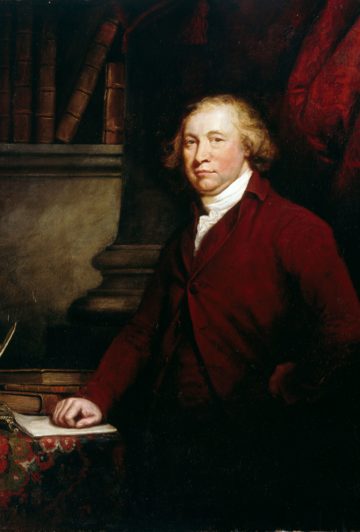
The Political Thought of Edmund Burke
Alan M. Levine
Hertog Foundation | 2017
Edmund Burke is the West’s first and arguably greatest conservative thinker. He is an antiphilosophic philosopher and an influential statesman skeptical of what states can do. This week’s reading analyzes a selection of Burke’s political and philosophical writings to understand the paradoxes of his thought in the context of both the Enlightenment in which Burke lived and today’s varieties of liberalism and conservatism.
Our readings give special attention to Burke’s analyses of the moral and political implications of the American and French Revolutions through which Burke lived. These revolutions are arguably the greatest political events of modern times, and Burke was the only thinker of the times to support the American Revolution but not the French. Why? Answering this question involves understanding Burke’s critiques of Enlightenment rationalism and the political and philosophical grounds of the modern movements for democracy and liberalism. In shedding light on the exact nature of Burke’s conservatism, we will also attempt to compare it to contemporaneous and current strands of conservatism and liberalism in order to meditate deeply on the nature of political ideology itself.
James Barry, Portrait of Edmund Burke, oil on canvas, 1774